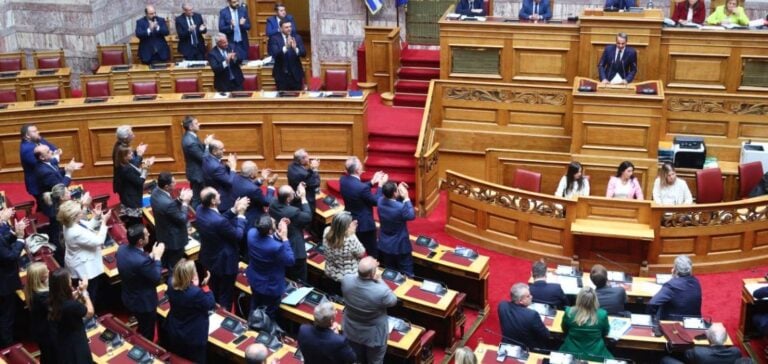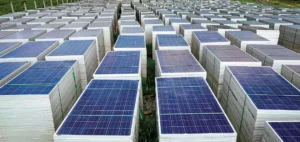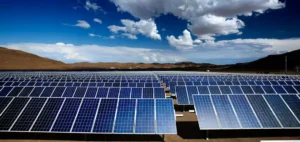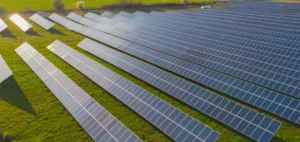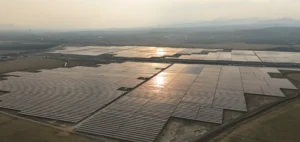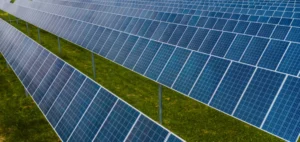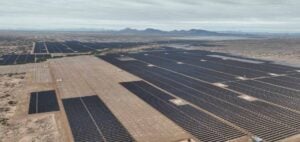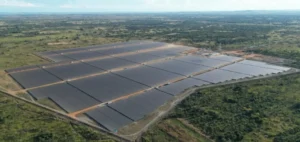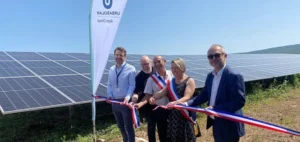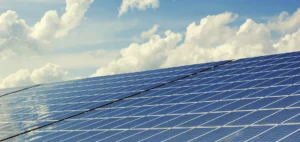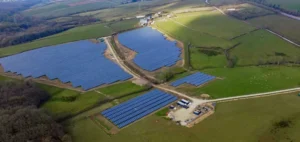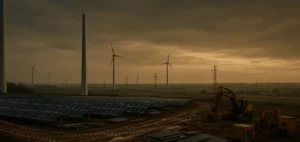The GR-eco Islands program, initiated by the Greek government in 2021, marks a major step forward in the nation’s energy transition. Designed to reduce dependency on fossil fuels, this ambitious project aims to transform Greek islands into models of environmental sustainability and energy autonomy.
The unique energy challenges faced by Greek islands, where supply relies heavily on oil-fired power plants, have led to high energy costs and significant greenhouse gas emissions. With a budget of €2 billion, financed by contributions from the Greek state, the European Union, and the European Investment Bank (EIB), the program aligns with the national strategy for achieving carbon neutrality by 2050.
Goals and Priorities of the Program
The GR-eco Islands program is centered on four main objectives:
1. Energy transition: Develop local infrastructure based on renewable energy sources, particularly solar and wind power, to replace fossil fuels.
2. Energy autonomy: Enable islands to produce and manage their own energy, reducing reliance on the mainland grid.
3. Green economy: Promote sustainable practices in local economic sectors such as tourism and agriculture.
4. Digital innovation: Integrate smart technologies to optimize resource management and public services.
Pilot Projects: Toward Concrete Impact
Several Greek islands have been selected as pilot sites to test the program’s initial phases. Among them:
– Chalki: The first island to inaugurate a photovoltaic power plant with a 1 MWp capacity, meeting the residents’ energy needs. Electric vehicles and smart public lighting systems have also been introduced.
– Astypalea: In partnership with Volkswagen, this island is focusing on sustainable mobility, including electric vehicles and charging infrastructure.
– Poros: This island plans to install solar panels, electrify maritime transportation, and improve waste management.
These initiatives have reduced greenhouse gas emissions and local energy costs while improving residents’ quality of life.
Structured Financing and Strategic Partnerships
The GR-eco Islands program relies on close collaboration between the Greek government, European institutions, and private partners. Projects are evaluated for technical and economic feasibility before receiving financial support. Rigorous control mechanisms ensure the transparent and effective use of funds.
Expected Impact: A Sustainable Future for Greek Islands
The program aims to significantly reduce carbon emissions, lower energy costs for residents, and stimulate the local economy through more environmentally friendly practices. By positioning Greek islands as models of sustainability and innovation, this initiative represents a significant step forward in the global fight against climate change.

